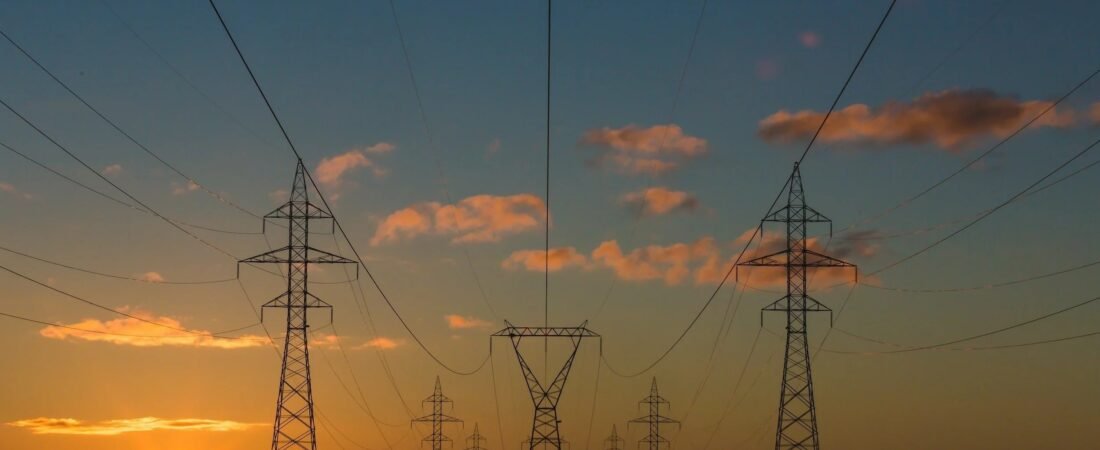Background
The energy transition is a pathway transformative process of the global energy sector from fossil fuel based to zero or near zero carbon by the middle of the century [1]. The transition is mostly driven by the move to renewable energy sources and electrification of the transport sector in Europe and America. However, developing countries in sub-Saharan Africa like Nigeria with a fossil fuel based driven economy have yet to utilize their resources for development and may be caught off in a transition they have not prepared for. Nigeria for example with more than 200 TSCF [2] of proven gas reserves yet to be fully utilized is implementing the Petroleum Industry Act (PIA) reforms that is expected to usher competition through private sector driven investments, which is coming at a time natural gas is favoured as an Energy Transition fuel [3].
A lot of studies have been carried out in assessing barriers to energy transition in Africa. Reference [4] assessed these barriers in South Africa using semi-structured interviews with key stakeholders in the energy sector. One conclusion/gap that keeps appearing and rightly articulated in reference [5] is that: that a gap exists between setting national energy transition targets and actualization of these targets.
Concerns
- Industrialization on the continent has not progressed at a desirable pace, meaning that the changes that are needed may lead to more disruptions in society, the vulnerable should not be made to pay for the cost of climate change.
- Financing to help Africa combat climate change should be reviewed and financing gaps matched.
- Weak sub-regional corporation.
- Lack of a robust data framework to formulate reference scenarios of a future energy system for the region.
Recommendations
- An Energy Transition pathway that is pro-development, pro-poor and which eventually allows most of the population to be able to exit poverty and have a decent quality of life should be adopted [6].
- Financing gaps evaluation/studies to assess the costs for an optimal energy transition scenarios/pathways for the region.
- Developing of digital tools: Tecno-Human Capabilities [7]. Development of a robust energy system (combined gas and electricity systems) simulation and forecasting tools to simulate pathways and scenarios for the region’s energy future vis a vis current reality.
- Increased regional cooperation on energy. E.g., an integrated gas and electricity network/market for west African sub-region.
References
[1] “Energy Transition.” https://www.irena.org/energytransition (accessed Jan. 15, 2022).
[2] A. Sani Hassan, “The need for Joint optimization of Gas and Electricity Supply Systems in Nigeria,” 2019. https://sway.office.com/3xPUwo0PmxafzFvq?ref=Link (accessed Apr. 14, 2021).
[3] J. Szabo, “Energy transition or transformation? Power and politics in the European natural gas industry’s trasformismo,” Energy Research and Social Science, vol. 84, p. 102391, Feb. 2022, doi: 10.1016/j.erss.2021.102391.
[4] I. Todd and D. McCauley, “Assessing policy barriers to the energy transition in South Africa,”.
[5] A. Nwozor, S. Oshewolo, G. Owoeye, and O. Okidu, “Nigeria’s quest for alternative clean energy development: A cobweb of opportunities, pitfalls and multiple dilemmas,” Energy Policy, vol. 149, p. 112070, Feb. 2021, doi: 10.1016/j.enpol.2020.112070.
[6] C. Scheuer et al., “Disentangling inclusion in physical education lessons: Developing a resource toolkit for teachers,” in Physical Education and Sport for Children and Youth with Special Needs Researches – Best Practices – Situation, G. Balint, B. Antala, C. Carty, J.-M. A. Mabieme, I. B. Amar, and A. Kaplanova, Eds. Slovak Scientific Society for Physical Education and Sport and FIEP, 2021, pp. 343–354.
[7] C. N. Nwedu, “Will a Transition to Renewable Energy Promote Energy Security Amid Energy Crisis in Nigeria?” in Energy Transitions and the Future of the African Energy Sector, Palgrave Macmillan, Cham, 2021, pp. 231–263.
